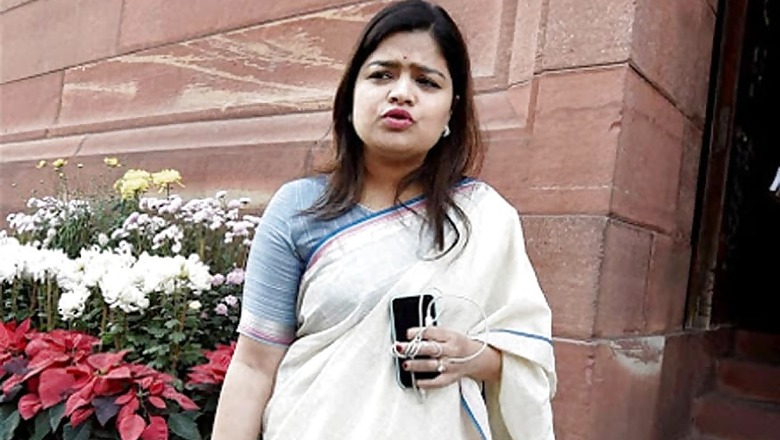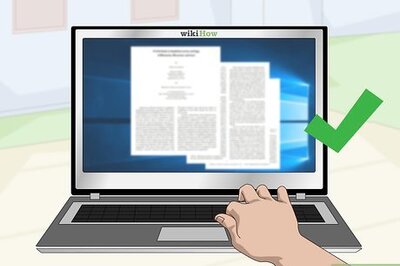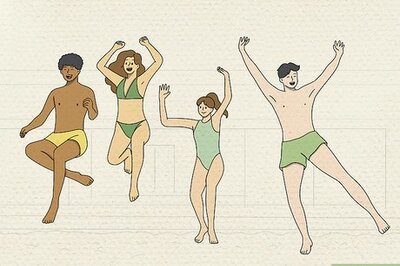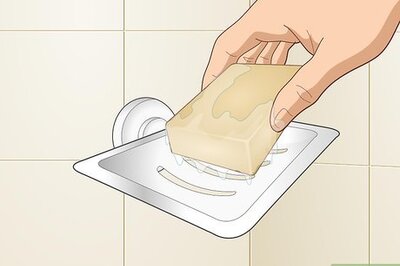
views
Mumbai: Newly-appointed Bharatiya Janata Yuva Morcha (BJYM) chief Poonam Mahajan on Saturday said the immediate task before her is to build a new team with a special focus on the upcoming Assembly elections in Uttar Pradesh.
Mahajan (36), daughter of late party leader Pramod Mahajan and currently the Lok Sabha member from Mumbai North-Central, was appointed the president of BJYM, the youth wing of BJP, on December 15. The first-time MP replaced Anurag Thakur, who was at the helm for over six years.
"I need to build a new team as I will be heading the organisation for the next three years. The immediate focus is upcoming elections in Uttar Pradesh, for which BJYM would start holding meetings after three months," Mahajan told PTI in an interview here.
"As the news (about the appointment) broke, many people from UP, who were close to my father contacted me. It was a pleasant surprise for me, as he is not forgotten. His work in those days is helping me, too, to get in touch with people. I will see how it benefits BJP in the (UP) Assembly elections," she said.
Uttar Pradesh is the largest state in the country in terms of Assembly and Lok Sabha seats. BJP won 71 out of the 80 Lok Sabha seats in 2014 general elections.
Our approach is going to be on a new PPP model, she said adding, "it is Politician-Public Participation, where our cadres will work as an agent of the change our elected government is bringing in. You can call it a facilitator or amplifier of government's decisions and policies. A party needs to have such cadre that will take government's decisions to the people".
Talking about the Narendra Modi-led Centre, she said it might face some opposition from people, but the ruling dispensation does not face any political challenge.
"With such a strong political mandate and the speed of achieving development, the Modi government does not face political opposition. If there is any likelihood of opposition, it would come from people," she said.
Mahajan said protests by some communities, like Jats in Haryana, New Delhi and UP, and Patel community in Gujarat and Marathas in Maharashtra were "politicised" to some extent.
"There was an effort of dividing the youth of the country through such rallies, who are otherwise highly ambitious. But on a larger scale, these rallies signify their hope and aspiration. Most of the protests did follow the law and it was a peaceful demonstration," she said.

















Comments
0 comment